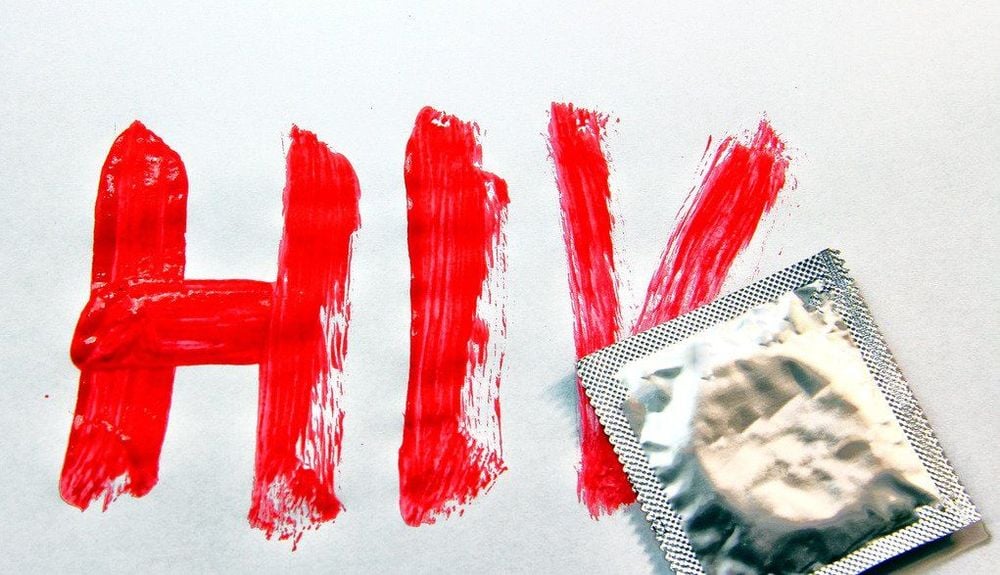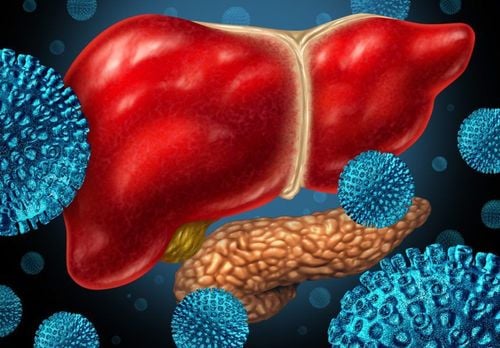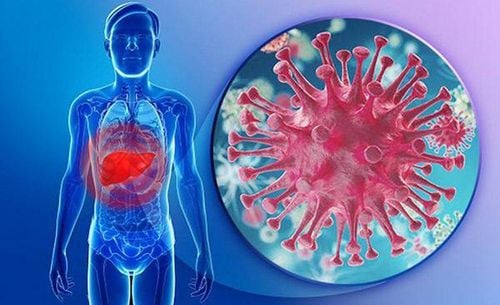This is an automatically translated article.
The article was professionally consulted by Specialist Doctor I Huynh Kim Long - Emergency Resuscitation Doctor - Emergency Resuscitation Department - Vinmec Danang International HospitalHepatitis C is an infection caused by the hepatitis C virus (HCV). The disease can be passed from one person to another through unprotected sex. According to a study, in 190,000 cases of unprotected sex, 1 case will be infected with the hepatitis C virus.
1. How is hepatitis C transmitted?
Hepatitis C is usually transmitted when the blood of a person infected with the hepatitis C virus enters the body of an uninfected person through:
Sharing needles or other items to inject drugs with a carrier of hepatitis C virus Medical staff being stabbed by a needle while working. The baby is born to a mother who carries the hepatitis C virus. Sharing certain items with someone who has the hepatitis C virus (such as razors, toothbrushes, etc.) C.
2. Can a husband with hepatitis C pass it on to his wife?

Hepatitis C virus can be transmitted through sex but the risk of sexual transmission is thought to be low. The risk is increased for people who have sex with many people, who have a sexually transmitted disease, who have rough sex, or who have HIV. More research is needed to better understand how and when the hepatitis C virus can be transmitted through sexual contact.
Hepatitis C virus is detected in semen, but blood-borne transmission is usually at higher risk, which can occur from an open wound, cut, or other damage to the skin. Skin-to-skin contact during sex can also transfer blood through the scratch from a husband to a wife or vice versa, so the virus can still be passed on. However, a husband with hepatitis C does not need to abstain from sexual activity with his wife because although sexual behavior may increase the risk of spreading the disease to her partner, the rate of hepatitis C transmission is considered very low. short. Patients should follow safety rules during sexual activity to protect their partner.
In addition, practicing safe sex also helps to avoid HIV and hepatitis C co-infection. In fact, 50-90% of HIV-infected drug users also get hepatitis C. This is because both diseases have similar risk factors, including: sharing needles and having unprotected sex.
3. Ensure safety when having sex with people with hepatitis C

Anal sex is more risky than vaginal sex, and both are more risky than oral sex. In addition, the contact between the mouth and the anus is also a behavior with many potential risks of disease transmission. The Centers for Disease Control and Prevention (CDC) recommends using a new condom for every sexual act including oral, vaginal, and anal sex to prevent the spread of the virus. of sexually transmitted diseases (STDs), including HIV and hepatitis C. Do not have sex when either partner has an open skin lesion on the genitals. Get tested for STIs and ask your partner to be tested. Monogamous sex. Be honest with all sexual partners about your health status. Use precautions if you are HIV-positive (your risk of contracting the hepatitis C virus is much higher if you have HIV). You should see your doctor regularly to get your condition under control if you've had unprotected sex. Some viruses and infections, including hepatitis C, do not cause symptoms for several weeks after exposure. While waiting for the virus to show symptoms, you can infect your sexual partner without even knowing it.
Please dial HOTLINE for more information or register for an appointment HERE. Download MyVinmec app to make appointments faster and to manage your bookings easily.














